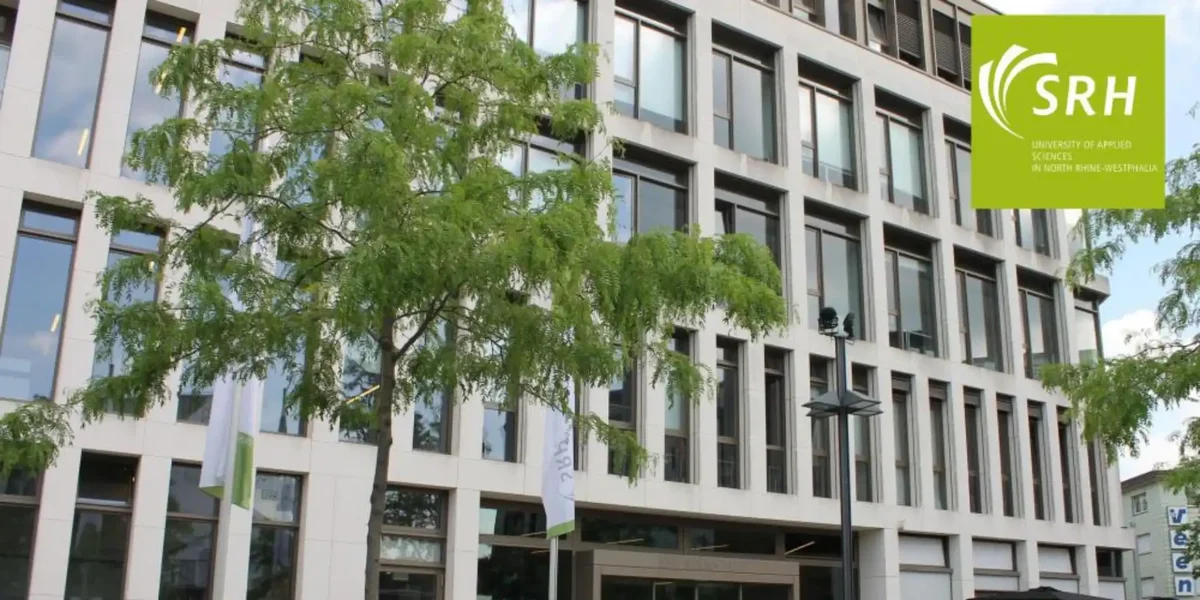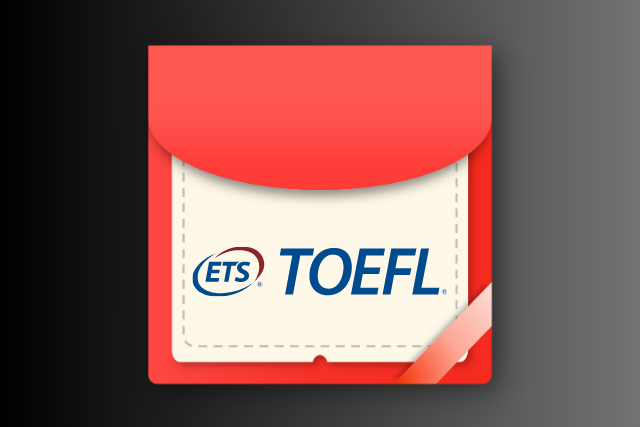
-
hello@abroadcube.com
Mail us
-
Call For Help:
98779 83783
-
Whatsapp Us
70090 34921


Please note
Services
Study Abroad ServicesGermany has 2 intakes in a year
September - October
It commences between September and October. This is the significant intake for Universities across Germany. Most of the Universities have high-demand programs available in this intake.
February - April
It starts between February and April. One of the major intake which has a high enrollment of International Students. This intake is best suited for Indian High School and College Graduates.

The score ranges between 0 to 9, where 9 is the highest achievable score. The USA, UK, Canada, Australia, Germany and many more accept it.
The minimum overall score of 6 is required to be eligible for a most Universities and higher Visa Approval chances.

The average of four module-wise scores concludes the overall score. The overall score ranges between 0 to 120.
As per most of the Universities Eligibility Criteria, a score of 80 in TOEFL iBT is required for applying for an Admission and Student Visa.
Expenses
Total ExpenditureStudying in Germany is quite affordable compared to other Universities. The Public Universities do not have Tuition Fees, even for International Students. However, you have to make Semester contributions ranging between €300 and €500 to support University Student Unions, which has many benefits. Many students still choose private universities due to easy access and better education quality than public universities. They can expect to pay on average €10,000 per year for Bachelors and Masters in Germany.
| Level | Avg Tuition | Duration |
|---|---|---|
| Studienkolleg | €200 - €10,000 / year | 1 year |
| Bachelors | €400 - €10,000 / year | 3-4 years |
| Masters | €400 - €10,500 / year | 1-2 years |
| PhD | €300 - €500 / year | 4-6 years |
Living Expenses in Germany vary based on your lifestyle and the location of the University. However, your monthly living expenses can be between €800 to €1200. If you have an active blocked account, a monthly payout of €934 is precise to cover your costs, leaving you some savings in some scenarios. The typical costs will be accommodation rent, food bills, transportation, phone bills, health insurance premiums, personal care, and some miscellaneous.

An international student outside of Europe can work up to 120 full days or 240 half days per year, equivalent to 20 hours per week. They are free to choose the type of work and employer. They are paid between €12 and €15 per hour.
It refers to jobs given by the University to the students on campus. Immigration has no limitation on the number of working hours for part-time on-campus jobs such as Student Assistant and Research Assistant. You must notify the Alien Registration Office if you do this work. Most of the institutions pay equal to minimum wage for the hours worked.
Some courses in Germany require practical training in the real world along with academic learning. It is part of coursework; a student is expected to work full-time, similar to a real job. The usual length of Co-Op is around two semesters or 12 months, and no separate work visa is required. Many students got full-time jobs with the same employer after their studies.

| Profession | Average Salary |
|---|---|
| Data Scientist | €60,391 |
| Engineers | €46,000 |
| Project Manager | €55,000 |
| IT Manager | €76,000 |
| Robotics Research Engineers | €103,931 |
| Automation Engineer | €123,000 |
| Avionic System Support Engineer | €107,000 |
| Big Data Specialist | €69,000 |
| Master of Surgery | €110,000 |


| Qualification | Duration |
|---|---|
| Studienkolleg | 1 year |
| Language Preparatory | 1 year |
| Bachelor's Degree | 3-4 years |
| MBBS | 7.25 years |
| Master's Degree | 1-2 years |
| MBA | 1-2 years |
| PhD or Doctorate | 4-6 years |
English Proficiency exams such as IELTS, PTE, or TOEFL would be required to Study in Germany. The majority of the institutes waive the GRE and GMAT but are highly recommended for admission in Master's programs at Top Ranking Universities.
Documents such as Passport, Academic Transcripts, Resume/CV, Experience Letter, Certifications, Statement of Purpose, and Letter of Recommendation would be required depending on the course and university.
To Study in Germany for longer than 3 months, you have to apply for a Study Visa after receiving admission from a German-based University
The Visa application process is Online, but you have to visit the Visa Application Center to submit your documents & biometrics.
Make sure to cross-verify your documents, application forms, and statement of purpose before submitting. The SOP plays an important role in visa decisions.
In certain scenarios, you might be eligible for Waiver for Interview with Immigration Officer
You are eligible for 18 months of Job Seeker Visa after graduating from a recognized University in Germany
While on the Job-Seeker Visa, you have to find a permanent job and apply for Employment Residence Permit
Based on Eligiblity Criteria, you can also apply for an EU Blue Card valid for 4 years.
You will be eligible for permanent residency after possessing a Residency Permit for 5 years and demonstrating German skills.
Become eligible for Permanent Residency while possessing an EU Blue Card, working at least 21 months, and fulfilling language criteria.
The Study Visa is for international students coming to Germany for higher studies. The expiry date of the visa is equal to the completion date of the course .
The Visitor visa is for tourists, families and friends coming to Germany for vacation or to meet their loved ones. The visa duration varies based on Intended stay
The students who completed their higher education are eligible for up to 18 months of Work Permit. The Students must apply for this before expiry of Student Visa
The employees who got a Job Offer Letter from German Employers and met certain requirements are eligible for this. The maximum duration is 4 yrs.
